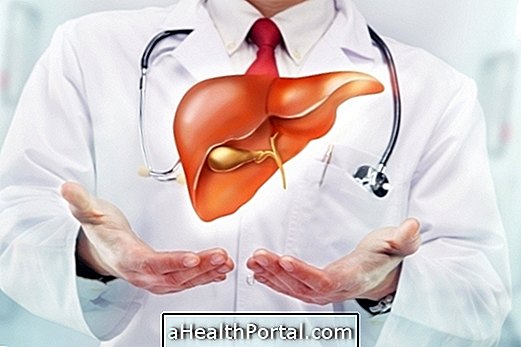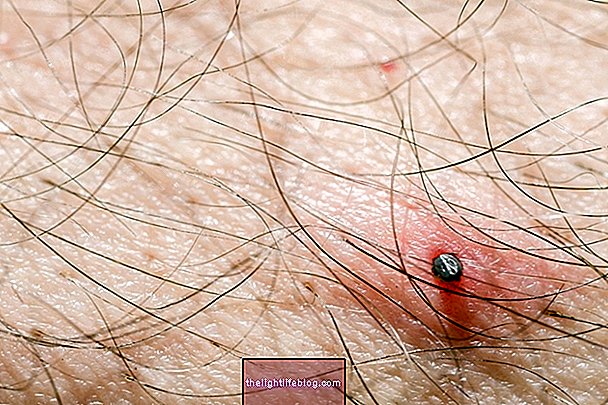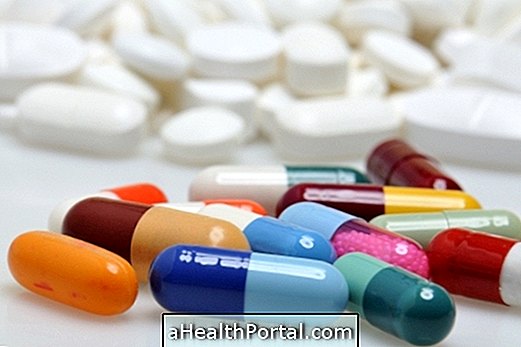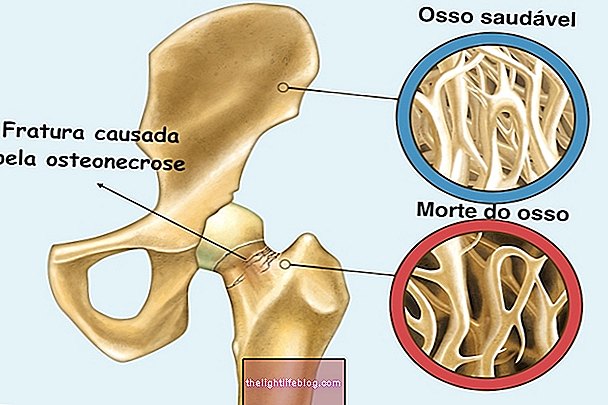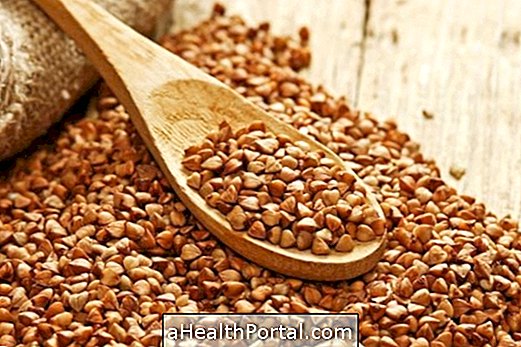Pain on urination, known as dysuria, is usually caused by a urinary tract infection and is a very common problem in women, especially during pregnancy. However, it can also occur in men, children or babies, and may be accompanied by other symptoms such as burning or difficulty urinating.
In addition to urinary infection, pain while urinating may also occur when there are problems such as benign prostatic hyperplasia, inflammation of the uterus, bladder tumor or when you have kidney stones, for example.
Thus, in order to make the correct diagnosis and start the most appropriate treatment, it is necessary to go to the gynecologist or urologist who, according to the symptoms described by the patient, may indicate the performance of diagnostic tests, such as urine tests.

Possible causes of pain when urinating
Pain while urinating may arise due to several problems such as:
1. Cystitis
Cystitis is a urinary infection that affects the bladder and causes other symptoms such as frequent urination, general malaise, or dark urine. Learn more about this disease.
2. Pyelonephritis
Pyelonephritis is a kidney infection that can also lead to fever, back pain, and foul-smelling urine. See the causes and symptoms of pyelonephritis.
3. Urethritis
Urethritis is a urinary infection that only compromises the urethra, generating symptoms such as frequent urination to urinate, itching of the urethra or difficulty urinating. See what causes urethritis and how the treatment is done.
4. Cervicitis or vulvovaginitis
These diseases only occur in women due to inflammation of the vulva or uterus, and are accompanied by other symptoms such as yellow discharge, fever above 38ºC and vaginal bleeding.
5. Kidney stone
Kidney stone, also called a kidney stone, is a stone-like mass that can form anywhere in the urinary system, creating difficulty and pain to urinate. Know what the causes and symptoms are and how the treatment is done.
6. Sexually transmitted diseases
Sexually transmitted diseases such as gonorrhea or chlamydia can occur in both men and women and generate other symptoms such as green discharge, burning in the urethra and fever. Learn about the most common STDs.
Benign hypertrophy of the prostate
Benign prostatic hypertrophy is characterized by an enlarged prostate gland that, in addition to pain, can cause difficulty in urination and a frequent urge to go to the bathroom.
8. Cancer
The growth of a tumor in the bladder, uterus or prostate can cause pain when urinating and other symptoms such as constant pain, blood in the urine or excessive tiredness, for example.
Since all causes have very similar symptoms, the best way to identify the correct problem is to go to the gynecologist or urologist to do urinalysis, ultrasound to the bladder, examination of the uterus and vagina, rectal examination, gynecological or abdominal ultrasound, for example.
Other symptoms of pain when urinating
Dysuria causes pinpoint pain when you are urinating, but other common symptoms in these cases also include:
- Be willing to urinate often;
- Inability to release more than small amounts of urine, followed by need to urinate again;
- Burning and burning during urination;
- Sensation of weight when urinating;
- Pain in the abdomen or back;
In addition to these symptoms, others may also appear as chills, fever, vomiting, runny or itchy genitals. If you have any of these symptoms, you are more likely to have a urinary tract infection, so see what other signs may indicate a urinary tract infection.
How is the treatment done?
To relieve pain when urinating is always necessary to go to the doctor, to know what the cause of pain and to do the indicated treatment.
Thus, in the case of a urinary, vaginal or prostate infection is indicated the taking of antibiotics, prescribed by the doctor. In addition, you can take an analgesic, such as Paracetamol, which helps relieve discomfort, but does not treat the disease.
In addition, when there is a tumor in the genitals, it may be necessary to have surgery for its removal and treatments such as radiation therapy and chemotherapy to cure the disease.



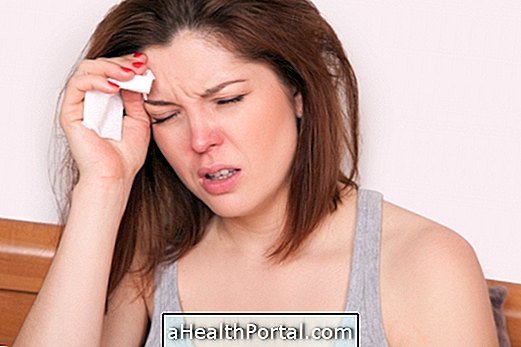




.jpg)

